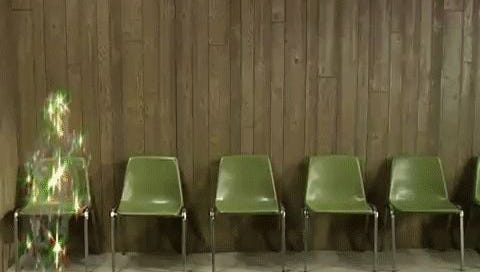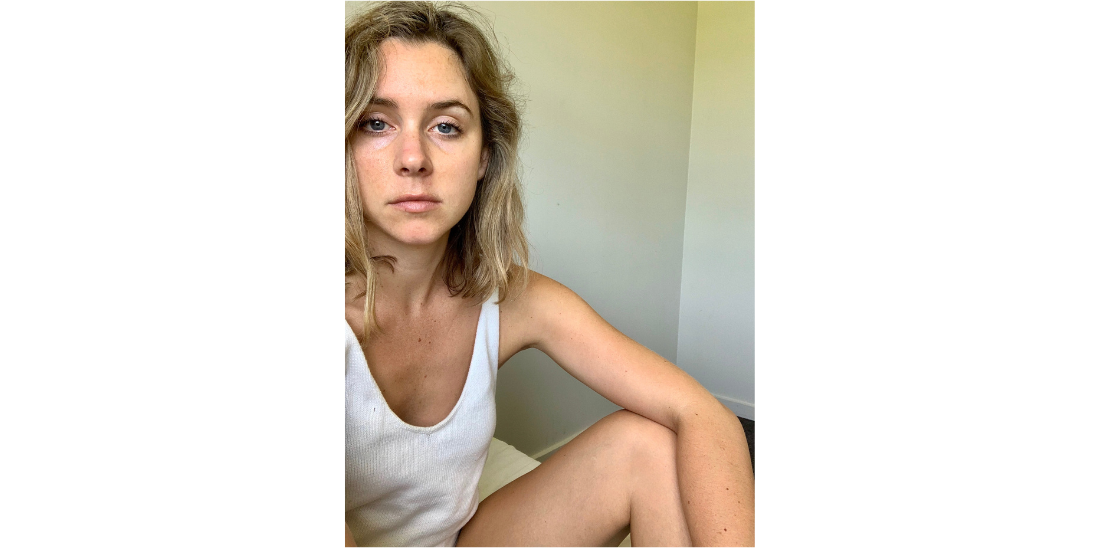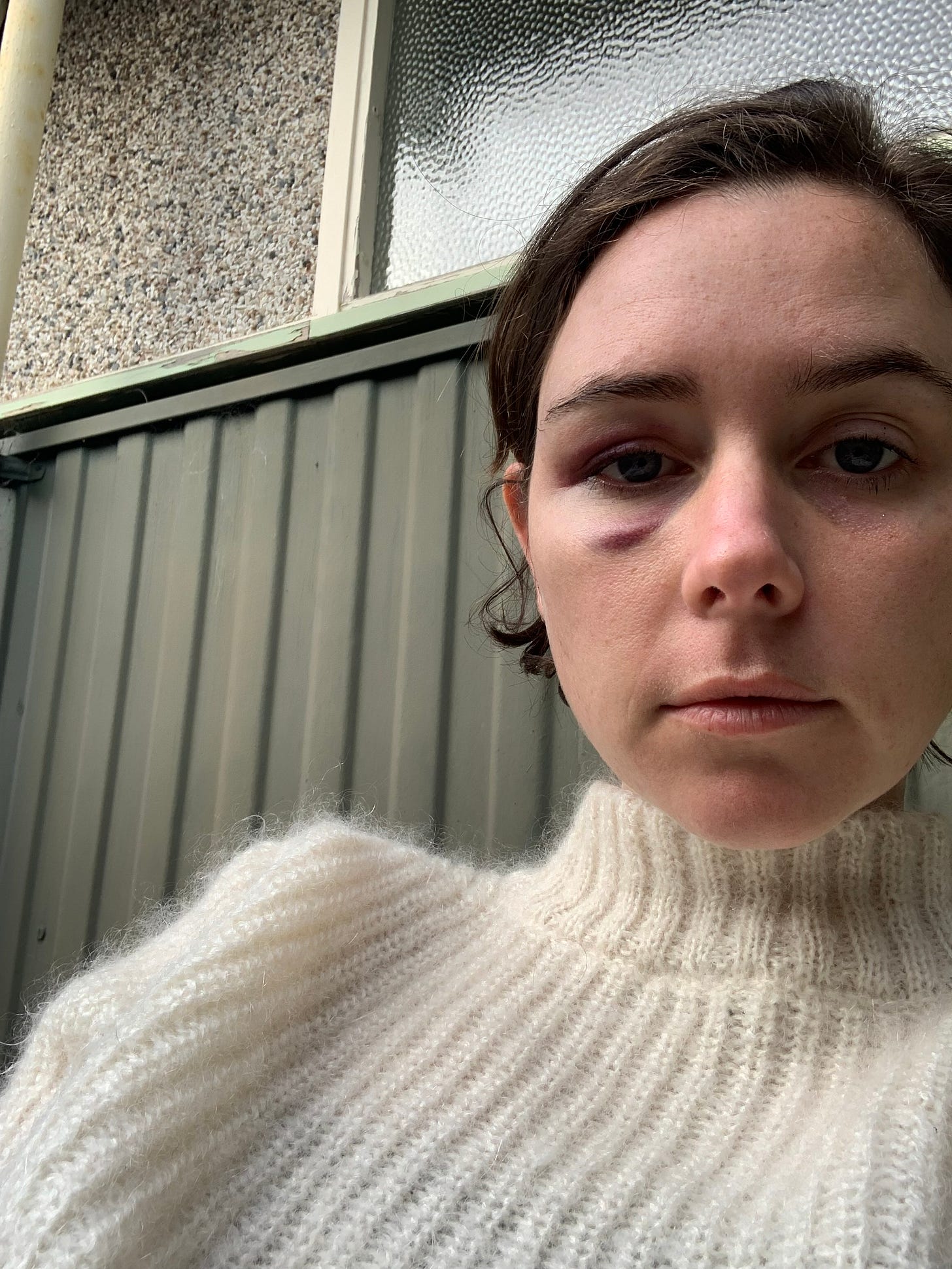I was 23 when I first went into alcohol and drug treatment
addiction explained by someone who was not just a 'party girl who made a mistake'
Author’s note: It’s terrifying to pull the trigger on being explicitly honest about being an addict, because of the very real stigma. But I feel that being open gives these stories more power. If you or someone you love is struggling with addiction, here are some resources.
I was 23 when I first went into alcohol and drug treatment. I remember it so vividly. My friend dropped me at the door of an outpatient AOD programme.
I went to that building three or four times a week and sat there for three hours every time. And every week, I relapsed. It was insane. It took seven more years of living in this cycle—where things got a lot worse—before I finally got it.
A bit about me, for context:
I spent 18 years in active addiction, and eight of those actively trying to get out. So naturally, I went through many different phases in my twenties. I think all of them were motivated by a need to prove I was a good, successful person. When I was 23, I started a whole foods catering company and went on to sell it before I turned 25. Then I worked as a chef in Portugal, became a yoga teacher, and went back to study for a master’s degree. I was trying to squeeze as much into my life as possible, everything I considered acceptable, in the hope that there wouldn’t be room for the parts I didn’t want to accept.
I’ve since learned you can't push down what's painful or shameful forever. Eventually, it bubbles over. And that’s exactly what happened. My inner world, which I’d fought incredibly hard to keep hidden, started to sabotage the outer performance, resulting in this unbearable kind of emotional dissonance.
It’s difficult to place exactly when it all started to boil over. My first overdose was when I was 23, at a festival. It was very public, but I was young enough that people sort of brushed over it, putting it down to me being a party girl who made a mistake. Then, a year later, when I got alcohol poisoning in Melbourne, that’s when I decided I’d try going to a psychologist. Then I tried to give up all drugs and alcohol on my own and had a psychotic break. I feel so sad for how confused I was throughout this time.
Why couldn’t I stop?
Why was I still depressed?
Why couldn’t I do this on my own?
Why can everyone else function, and I can’t?
It’s hard to fathom these two timelines running together, but somehow, I made it work for a long time. Until I didn’t.
What I know now:
I have a background in the sciences (I have a BSc from Otago University), and it taught me the importance of understanding the mechanisms of how something works—why it is the way it is, and what causes an outcome, behaviour or process. So I want to talk about why addiction is a disease, as it’s something I didn’t understand until I went into treatment.
I always thought I was a weak or bad person when I couldn’t stop using substances. It was honestly baffling to so desperately want to stop, and then fail every single day.
“People jeopardise their lives for the sake of making the moment livable. Nothing sways them from the habit—not illness, not the sacrifice of love and relationship, not the loss of all earthly goods, not the crushing of their dignity, not the fear of dying. The drive is that relentless.”
― Gabor Maté, In the Realm of Hungry Ghosts
A disease is a condition that disrupts how the body or mind normally functions, has identifiable symptoms, and is caused by underlying biological or physiological changes. Here’s a simple breakdown of how addiction meets this criterion.
Addiction as a Disease: A Simple Breakdown
1. The organ involved:
Addiction is a disease of the brain. Just like asthma affects the lungs or diabetes affects the pancreas, addiction disrupts how the brain works.
2. The fault in the organ:
In addiction, the brain’s reward system gets hijacked. Normally, this system helps us survive—it rewards things like eating, social connection, and exercise by releasing dopamine, a chemical that makes us feel good.
But drugs and addictive behaviours flood the brain with dopamine in ways that natural things don’t. Over time, the brain adjusts—it starts needing more and more of the substance or behaviour just to feel normal. It also becomes less sensitive to natural rewards.
This rewiring affects key areas of the brain:
The prefrontal cortex (decision-making, self-control)
The amygdala (emotions, stress)
The nucleus accumbens (pleasure and motivation)
These changes are physical and measurable—brain scans show differences in people with addiction.
3. The symptoms that result:
Because of these brain changes, people with addiction:
Crave the substance intensely
Lose control over their use, even when they want to stop
Keep using despite harm, much like someone with a damaged pancreas keeps having blood sugar issues
In other words, the faulty organ (brain) produces symptoms (craving, compulsive use, relapse)—which is how diseases work.
4. Not just bad choices:
Addiction often starts with a choice (like trying a drug), but so do many diseases. Smoking can cause lung disease. Poor diet can lead to heart disease. Once the disease is established, choice has far less power—because the organ itself has changed.
"Don't ask why the addiction, ask why the pain. To understand people's pain, you have to understand their lives".
― Gabor Maté
I really hope you’ve got something from this newsletter. It’s truly my hope that you’ve gained a new level of empathy or understanding for the portion of our society suffering from this disease.
Who wrote this?
Charlotte Bell is a freelance writer based in Aotearoa, exploring culture, identity, recovery, and what it takes to rebuild. Her Substack, Trainwrecks, examines what happens after grief, illness, loss, or addiction. She's currently pitching her debut essay collection A Year Out and writing a novel about state control and survival, set in a former psychopaedic institution.
Follow on Instagram @charlotte.j.bell for updates on Outlet—her course on writing as a practice for wellbeing or visit charlottejbell.com.
Sources used in this article:
Blum, K., Werner, T., Carnes, S., Carnes, P., Bowirrat, A., Giordano, J. & Gold, M., 2023. Neurobiology of Addiction. StatPearls Publishing [Accessed 3 Jun. 2025].
Koob, G.F. & Volkow, N.D., 2016. The neurobiology of addiction: a neurocircuitry analysis. The Lancet Psychiatry, 3(8), pp.760–773. Read [Accessed 3 Jun. 2025].
Leshner, A.I., 1997. Addiction is a brain disease, and it matters. Science, 278(5335), pp.45–47. Read [Accessed 3 Jun. 2025].
Volkow, N.D., Koob, G.F. & McLellan, A.T., 2016. Neurobiologic advances from the brain disease model of addiction. The New England Journal of Medicine, 374(4), pp.363–371. Read [Accessed 3 Jun. 2025].
Volkow, N.D. & Koob, G.F., 2021. Addiction as a brain disease revised: why it still matters, and the need for consilience. Neuropsychopharmacology, 46, pp.1715–1721. Read [Accessed 3 Jun. 2025].










You might appreciate this podcast on how I became sober and you can too:
https://open.substack.com/pub/soberchristiangentlemanpodcast/p/s2-ep-49-the-addiction-deception?utm_source=share&utm_medium=android&r=31s3eo
I love this article. Thanks for sharing!